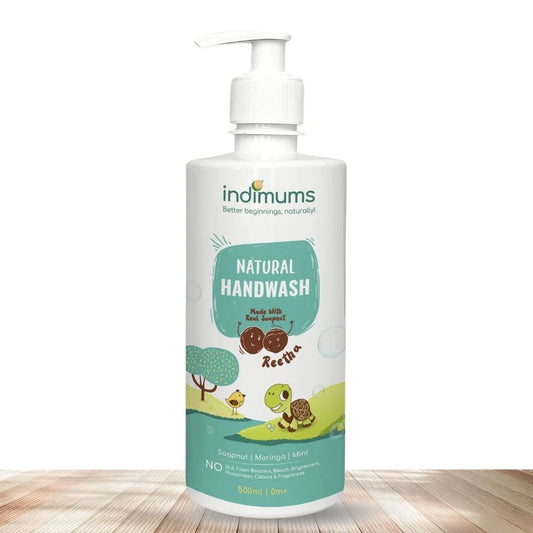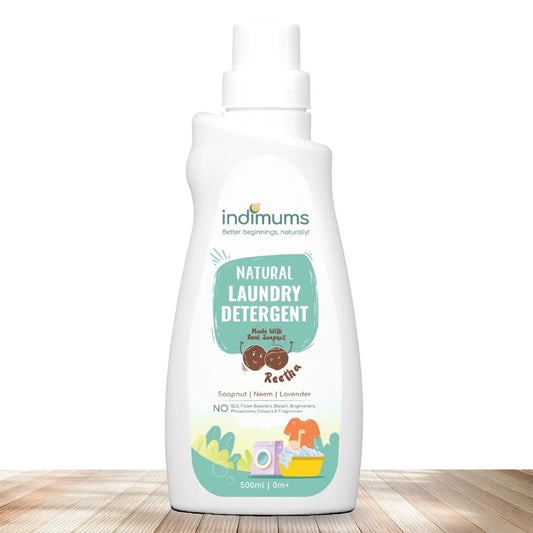As a new parent, one of the biggest questions you'll have is: What’s a good daily schedule for a baby? Establishing a consistent routine can make a world of difference—for both you and your little one. While every baby is different, most infants respond well to structure. A thoughtfully designed daily schedule for baby helps build healthy sleep habits, encourages proper feeding, and allows you to feel more confident in your baby care routine.
Whether you're in the baby care first month or your baby is already a few months old, this guide offers realistic, flexible strategies that make your day smoother.
Why a Routine Helps You and Your Baby?
Infants, especially newborns, benefit from predictable daily rhythms. While they can’t tell time, they quickly learn what to expect when activities happen in a consistent order. For example, if bath time always follows the evening feed, your baby will start associating that sequence with sleep. These patterns help regulate your baby's internal clock, reducing overstimulation and supporting longer naps.
From the parent’s perspective, a routine removes the guesswork from daily life. You’ll spend less time figuring out what to do next, and more time bonding with your baby. Over time, this structure enhances your baby care experience, turning uncertainty into confidence.
Navigating Baby Care in the First Month
The baby care first month is all about adjustment—for both you and your newborn. During this time, expect irregular sleep and feeding schedules. That’s completely normal. Babies need to eat every 2–3 hours, day and night, as their tiny stomachs can’t hold much milk at once.
While it might feel chaotic, try to establish small routines around feeding and sleep. Use dim lights at night, speak softly, and avoid stimulating activities before bedtime. This helps your baby start to distinguish day from night. For laundry, stick with gentle detergents like Indimums Natural Laundry Detergent to protect their delicate skin from irritation.
Feeding and Soothing: What to Watch For
Feeding forms the core of any daily schedule for baby. Most newborns feed eight to twelve times in a 24-hour period. If you're breastfeeding, sessions may last 15 to 30 minutes. Bottle-fed babies often eat every 3 hours.
Always look for hunger cues before crying starts. Rooting, sucking on hands, or fussing are all signs your baby needs food. After each feed, burp your baby and keep them upright for a few minutes to reduce gas and spit-up. Clean bottles thoroughly with Indimums Bottle Cleanser to ensure hygiene.
Encouraging Better Sleep Through Routine
Sleep can be the most challenging part of daily baby care. Fortunately, introducing a calming bedtime routine early can teach your baby that night means rest. A short bath, followed by a lullaby, helps set the stage for better sleep.
Final Thoughts: You Know Your Baby Best
Every baby is different. What works for one might not work for another—and that’s okay. The goal of a daily schedule for baby isn’t perfection, but predictability. A familiar pattern offers comfort to your baby and confidence to you.
Using the right tools can make your routine smoother. From safe cleaners to calming body washed, Indimums supports every step of your parenting journey with it's Reetha-based products.




